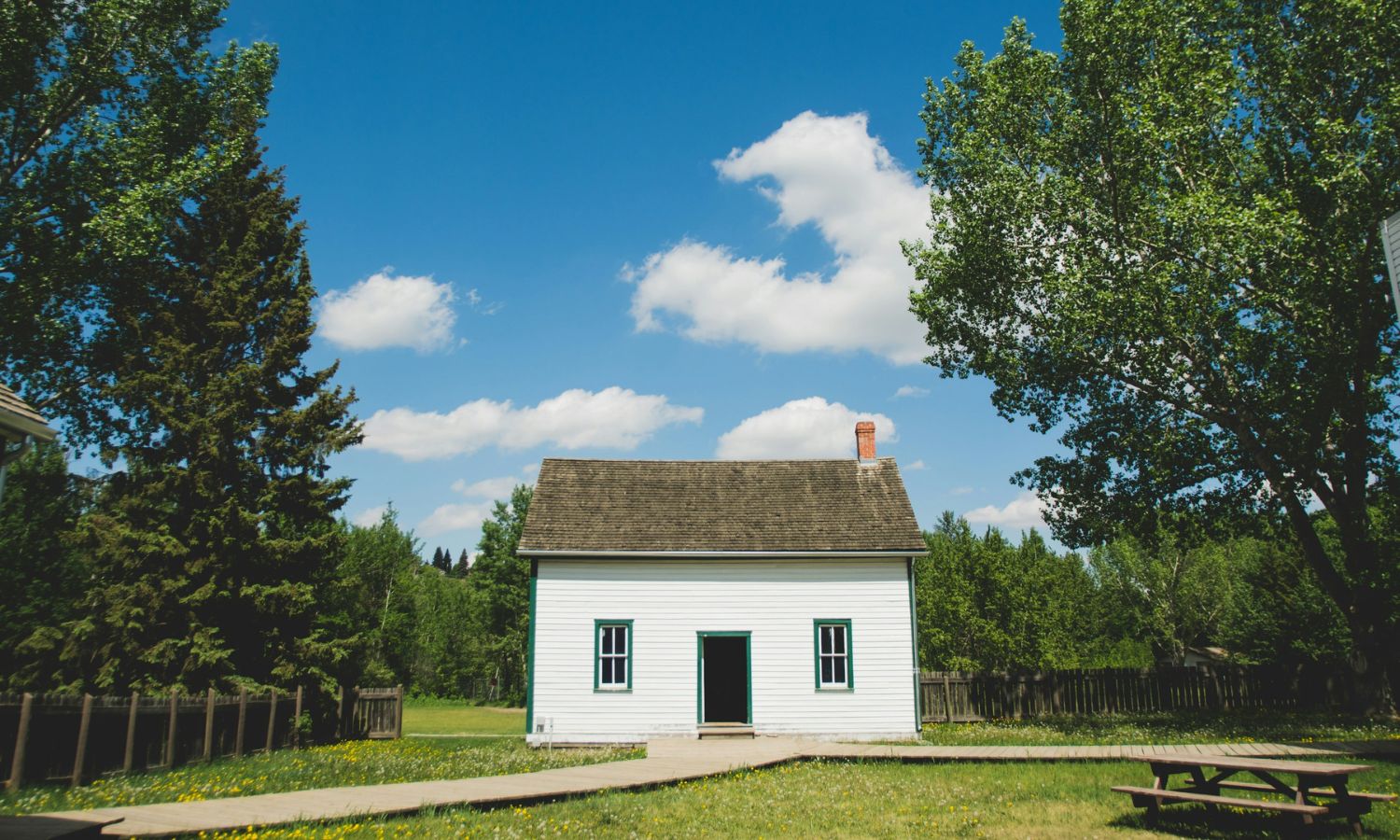With the rising cost of living, many have less to spend on holidays, so the boom in the latest travel trend makes sense: house swap. Also known as a home exchange and popularised by 2006 rom-com ‘The Holiday’, a house swap sees two parties agree to offer each other home stays for a set period.
It’s a temporary exchange of homes that lets two people or groups enjoy a change of scenery with all the associated amenities but without the associated costs. Since no money is exchanged, it’s a form of barter.
“Last year, we hit a lot of record numbers, and it’s been pretty consistent growth since then,” Jessica Poilluci, a PR manager for home-swapping platform HomeExchange, told Architectural Digest. “Once travel was possible again after the pandemic, it was a prime time for something like a house swap. People were working from home and travelling and needed space to work.”

In the US, house swaps used to be organised through Craigslist (similar to Australia’s Gumtree) or Facebook Groups. In recent years companies like HomeExchange and Kindred have sprung up to formalise the process for a small fee.
In Australia, one such site is Aussie House Swap. Founder Nick Fuad says the site has been running for 20 years, but that the past 12 months from January 2023 have seen the largest increase in memberships. In that time, it’s had a 25% rise.
After registering with Aussie House Swap, you can add details to your personal profile, home space, and swap preferences. Then, it’s simply a matter of scrolling the swap listings for your destination of choice, Australia or international, and contacting those you’re interested in.
“Usually, it’s a quick back-and-forth messaging making sure the dates, location, and desires all line up,” says Fuad.
“Then you might video or phone call to chat about things in more detail. We do have a ‘house instruction manual’ available for both sides to fill out and leave for each other. This house manual covers everything such as emergency numbers, how to operate things like the oven or TV, when the bins are to be put out and nice places to visit in the local area.”
House swaps can either be simultaneous or non-simultaneous. The more popular of the two, simultaneous house swaps means both parties swap at the same time. The non-simultaneous model sees you staying at each other’s places at different times, which works well if one of the homes is a holiday property or self-contained living space on a property.
Watch on TikTok
“We started with our first ever house swap in January this year with a month in Bali,” writes user Jade on Aussie House Swap’s testimonial page. “It was incredible. Since then, we have had 10 days in Port Douglas and have two weeks in Brisbane planned for the December / January holidays. How lucky are we!”
Fuad believes the rise in house swaps can be directly attributed to the cost of living, particularly with users of the site paying higher mortgages due to the many recent rate hikes.
“We all love to travel so saving big money by not paying for accommodation and having a home kitchen to prepare your own meals makes travelling and holidaying still achievable,” Fuad says. “House swapping really is like having free holidays.”
The benefit of using a third-party platform for the house swap is the added security of the swappers being verified people, help from the company in case of emergency and, in most cases, some form of damage insurance.
“I wouldn’t do it if there wasn’t a fee,” Betsy Hicks-Russ, a TikToker who has done over 50 house swaps, told AD. “You’re gonna get a different quality of person because you’re gonna get somebody willing to pay and invest some money.”
The platform also mentions sustainability as a drawcard for a house swap, pointing out recent studies showing that carbon emissions of house swaps are reduced by over 60% compared with hotel accommodation and that water usage tends to be less and waste is more likely to be recycled.
The savings with a house swap are also often spent locally, on entertainment, food, wine, and in local shops. In this way, you could say house swaps can help build local businesses. They can also protect heritage, with collaborative consumption extracting greater use from existing resources — in this case, houses.
“This means fewer hotels, which reduces water wastage, energy usage and traffic congestion,” the site reads.
Fuad says his platform has seen homes all over Australia and the world listed, many stunning houses themselves, including houseboats and RVs, or in incredible locations.
“It’s just like a brand-new option for travel that I feel like people haven’t really had access to before,” Mallory Wakerman, an interior designer and content creator, told AD. “You basically just get to open up to the world of travel so much more and it just makes it so much more accessible.”
If you are booking a house swap — given there is a bigger uncertainty than staying at a hotel — be sure to grab travel insurance before you head. Southern Cross Travel Insurance has some great plan options.
Related: Forest Bathing: The Dreamy Travel Trend That Doesn’t Even Require Water
Related: One of the Most Talked-About Trends in Wellness Travel? Silent Retreats
Read more stories from The Latch and subscribe to our email newsletter.







